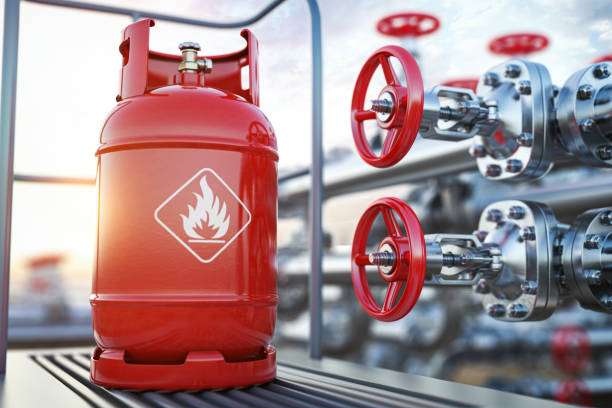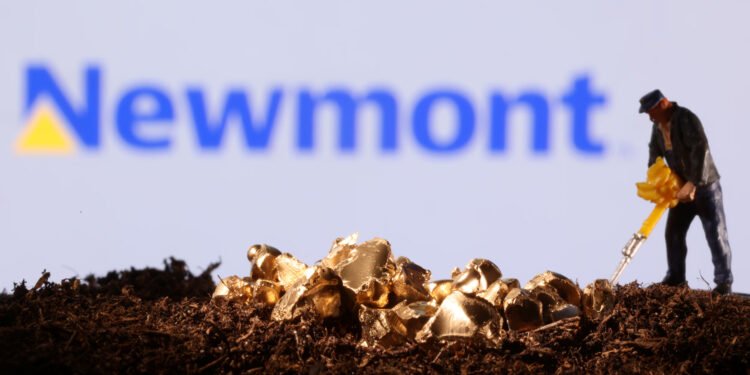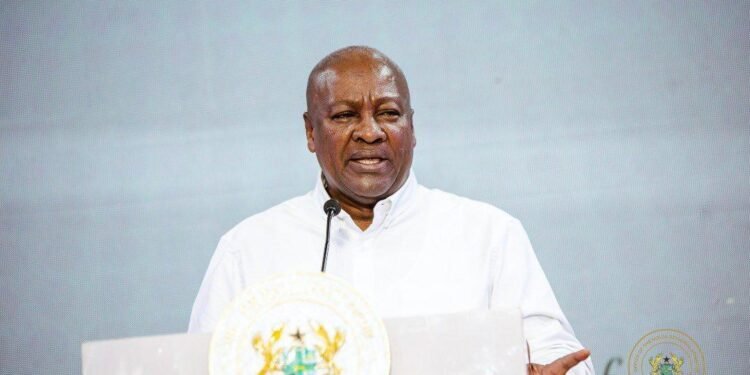The implementation of Ghana’s Cylinder Recirculation Model (CRM), a regulatory framework designed to modernize the distribution of liquefied petroleum gas (LPG), has sparked significant debate among industry stakeholders.
The National Petroleum Authority (NPA) introduced CRM with the objective of improving safety and efficiency within the LPG distribution sector.
However, industry players, particularly small and medium-sized enterprises (SMEs), have raised concerns about the model’s impact on their businesses, warning that it could lead to job losses, increased costs, and a disruption of the existing market structure.
The Board Chairman of the Chamber of Oil Marketing Companies (COMAC), Mr. Gabriel Kumi, has called for the total withdrawal of the Cylinder Recirculation Model, arguing that the policy, in its current form, is detrimental to indigenous businesses.
Speaking on the issue, Mr. Kumi, who also serves as the Vice President of the LPG Marketers Association, stated that CRM is not business-friendly and could lead to the collapse of many local firms operating within the LPG sector.
“It’s obvious that the old approach has not worked, and it’s not going to work.
“We have always said that we cannot stop the government from implementing its policies, but your policy must not come to destroy the investment of Indigenous Ghanaians.”
Mr. Gabriel Kumi, Board Chairman of the Chamber of Oil Marketing Companies (COMAC)
He also lamented the lack of adequate stakeholder engagement before the policy’s introduction, suggesting that a more collaborative approach was necessary to ensure a smooth transition.
“We haven’t really seen the practical implementation of the policy on the ground. The programme has failed.”
Mr. Gabriel Kumi, Board Chairman of the Chamber of Oil Marketing Companies (COMAC)
Stakeholders in the petroleum downstream sector argue that the CRM model poses a risk to the economic stability of local businesses.
The primary concern revolves around the transition from the current model where independent retailers and marketers own and distribute LPG cylinders to a centralized system where cylinders are managed and recirculated by the NPA’s designated service providers.
The Cylinder Recirculation Model (CRM) was introduced by the NPA to regulate the distribution of LPG in Ghana. The primary goal of the CRM is to enhance safety and reduce the risks associated with the use of LPG, which is widely used for cooking, heating, and other household activities.
Under the model, the distribution of LPG cylinders is centralized, with licensed cylinder distribution companies (CDCs) authorized to fill and distribute LPG cylinders to retail outlets.
This system is designed to ensure that cylinders are properly maintained, refilled, and tracked to minimize accidents, such as gas explosions or leaks, which have previously occurred in the country.
Calls for Further Engagement

Industry representatives, including the LPG Marketers Association and the Chamber of Oil Marketing Companies, have urged the government to reconsider its approach.
While they recognize the need for a more efficient LPG distribution model, they insist that any transition must not come at the expense of local businesses that have contributed to the industry’s growth for over three decades.
“Any attempt to push Indigenous Ghanaians who have built the industry for over 30 years aside in the name of introducing a policy will be fiercely and fearlessly resisted.”
Mr. Gabriel Kumi, Board Chairman of the Chamber of Oil Marketing Companies (COMAC)
However, he also expressed the willingness of industry players to cooperate with the government, provided their concerns are adequately addressed.
“We are ready to cooperate, we are ready to engage so at the end of the day if we are called for any engagement on CRM, we’ll be ready to go.”
Mr. Gabriel Kumi, Board Chairman of the Chamber of Oil Marketing Companies (COMAC)
As the debate over the Cylinder Recirculation Model continues, the future of LPG distribution in Ghana remains uncertain.
The government faces the challenge of balancing safety and efficiency with the economic sustainability of local businesses. The coming months will be crucial in determining whether CRM undergoes modifications or remains a point of contention between regulators and industry stakeholders.
For now, industry players remain firm in their demand for either a total withdrawal or a substantial revision of the policy, ensuring that it aligns with the interests of all stakeholders while still meeting the government’s safety and efficiency objectives. The resolution of this impasse will be key to the future trajectory of Ghana’s LPG industry.
READ ALSO: Selective Amnesia Perpetuating a Culture of Political Retaliation























